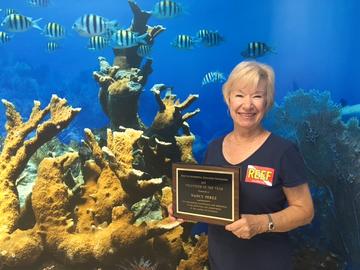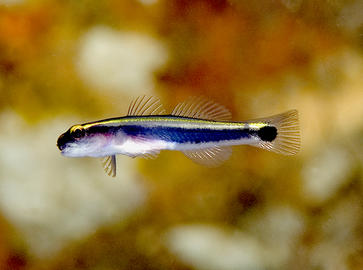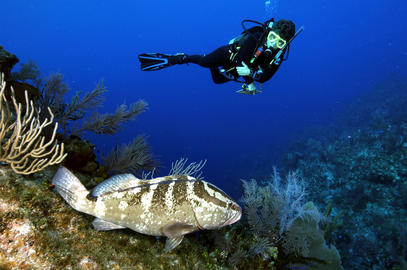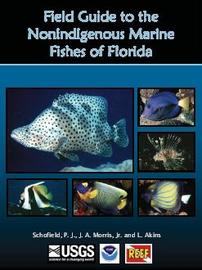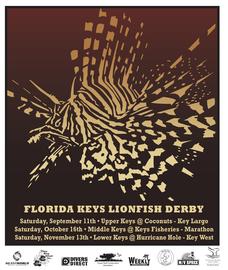REEF is proud to announce Nancy Perez as our 2017 Volunteer of the Year. REEF has over 67,000 members and Nancy is proud of her longtime support as member number 589! Nancy originally joined REEF because of her interest in diving, marine fishes and underwater photography.
When she moved to Key Largo in 1996, Nancy was closer to REEF’s Headquarters and looked for ways to be active in the community, learning more about REEF while volunteering for the Florida Keys National Marine Sanctuary.

